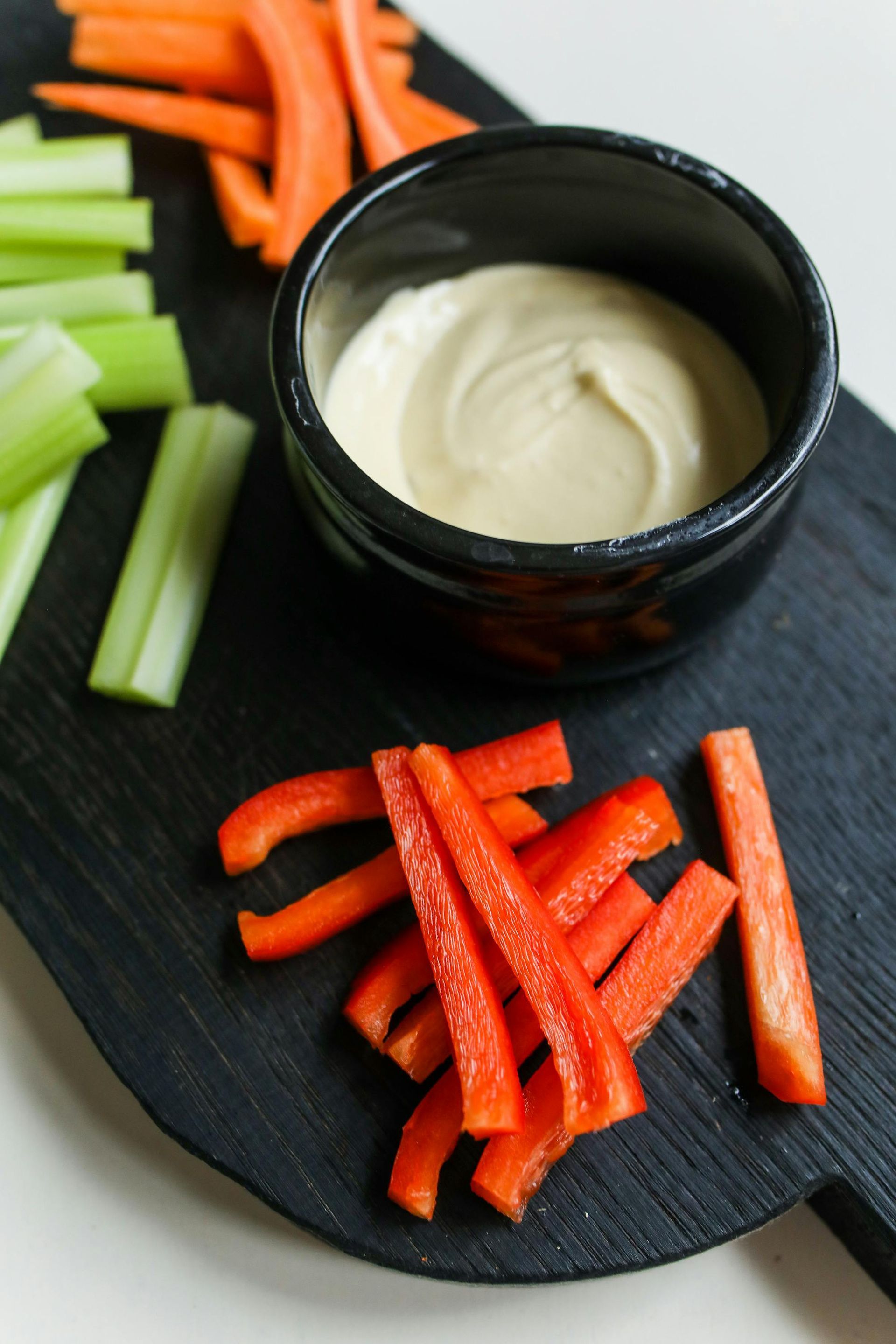How to Let Meal Planning Save Your Sanity this Fall!
Written By: Mairead, Registered Dietitian
Some people love meal planning, some people hate it - but it's a habit that can make a big difference in your life! Even a little bit of meal planning can save you time and energy at the end of a long day, can save your money by making the best use of your groceries, and can help you keep up your nutrition habits through busy seasons. With fall routines coming up fast and furious, it's time to talk about how meal planning can change your life.
Meal planning can be as prescriptive as you want - or not! Some people want to plan exactly what they're having for every single meal and snack to avoid making decisions later if things are busy. Great! Other people may do better with just a rough idea, or a list of ideas but no specific plan for what day they will fall on. Both approaches can help reduce stress at meal times! Maybe you plan exactly what components will be at a meal. Maybe you just plan for "sandwiches" and figure out the details later. There's still no wrong answer if it works for you!
Don't feel you have to plan everything!
Especially if meal planning is a new habit, planning everything can be overwhelming. Think about which time of day is causing the most stress and start there. Or maybe it's just dinners on certain days of the week that are stressful - focus on those!
The meals themselves don't have to be "perfect"!
Often people get frustrated if every meal they plan is the most perfectly healthy or balanced - that's ok. You will still likely save money and be less stressed by planning meals, even if you aren't able to make them perfectly balanced. A plan to order pizza is still less stressful than a last-minute decision to order pizza because you just don't have time for anything else, and will help avoid food waste from the meal you did plan.
Stuck for ideas? Keep it simple.
You don't need brand new meal ideas for every single meal. Start with planning for meals you already like and know your family likes. If you cook for anyone else regularly (kids, spouse, etc.) ask them what meals they would like to have. If you're still stuck, or get overwhelmed by how many options there are, create themes for different nights of the week: Taco Tuesday, Meatless Monday, BBQ Saturday, Pasta Thursday, etc. This approach gives you variety, without too many options.
You don't need to plan a week ahead - unless you want to! Planning for the week is most common, but doesn't work for everyone. If it feel like too much, do less. Plan today for tomorrow, or the next couple days only. If you find that's going well, continue with it, or try increasing how many days ahead you plan to save time. For ultimate time-saving, some people plan a month's worth of meals at a time! While this is extreme, you can easily re-use each monthly plan, and repeat meals within the month.
The bottom line is that meal planning is flexible, and can be adapted to work for YOU! Give some meal planning a try and see if it saves your sanity and changes your life this fall!
Looking for more personalized nutrition advice? Let's chat! Email mairead@degreefitnessseaforth.com to learn more about our Nutrition Programs, or click HERE to book your FREE Bite-Sized Nutrition Chat!



